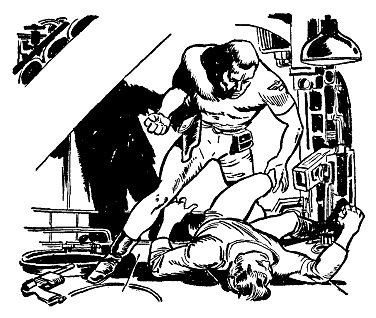Washington governor Jay Inslee’s proposed increases overall state spending by 16 percent, which he plans to fund with a sharp tax hike in the state’s capital gains tax. Although experts disagree on the motivations behind the proposed capital gains tax, they do agree the plan is ill-advised, boding ill for the state’s economic future, if enacted.
Inslee’s proposed spending for the Evergreen State exceeds revenues $2 billion, a gap which Inslee proposes filling with a 7 percent capital gains tax on individuals’ earnings exceeding $25,000 and couples’ earnings exceeding $50,000.
However, experts say filling the gap with revenue from a capital gains tax is irresponsible, and will result in future budget shortfalls.
Warning: Bad Idea Ahead
According to Scott Drenkard, an economist with the Tax Foundation in Washington, D.C., capital gains taxes “are some of the most harmful taxes on economic growth.”
“In Washington, they are very proud they don’t have an income tax and a tax on capital gains,” he said “I suspect the plan will not be that popular or well received.”
In addition to funding Inslee’s 2015 goals, Drenkard said the capital gains tax could be an attempt to condition state taxpayers to accept the institution of future income taxes.
“This is an attempt to start chipping away at it more slowly,” he said. “The theory is, ‘Okay, we will put in a capital gains tax and then put in a dividends tax… then we start taxing all income.'”
‘The Worst Possible’
Jason Mercier, director of the Center for Government Reform at the Washington Policy Center, said implementing a capital gains tax to fund the proposed 16 percent spending increase is “an ideological decision, as opposed to a budget decision.”
“The reason I say it’s an ideological decision and not a budget decision is, he’s proposing a 16 percent increase in spending. To try to accommodate that spending growth, he’s picked perhaps the worst possible tax you could for sustainability: the capital gains tax,” Mercier said. “It’s incredibly volatile, you can’t bank on it. That seems to be a recipe for additional future budget problems, if you’re relying on that volatile tax for your base spending.
“In really good times, you’re going to get a huge bunch of money. In really bad times, though, the floor’s going to fall out,” he said. “The problem with building those taxes into your base budget, when you’re increasing spending—that’s 16 percent, almost $5 billion—you’re guaranteeing yourself future budget problems. You know that revenue is not going to materialize year after year.”
Still More Problems
In addition to the capital gains tax’s volatile nature, Mercier pointed out other problems with the tax hike plan.
“The governor is trying to craft this in a way, with his exemptions, in very targeted ways. His estimates say it’ll affect only 1 percent of taxpayers in Washington—which, again, gets to the volatility, if the base is that narrow,” he said. “The problem is, from his position of saying ‘don’t worry about this’… it’s statutory, not constitutional. The very next governor or next legislature can come in and change that base, or change that rate.”
“The problem, going forward, is that—even though the governor said ‘trust me, don’t worry, this is only going to impact a few people’—it’s a statutory scheme and can always be expanded,” Mercier said.
“It’s a little hard to give him the benefit of a doubt, when he says ‘trust me,’ because he campaigned on a promise of no new taxes.”
Tom Gantert ([email protected]) is the Mackinac Center for Public Policy’s senior news correspondent.
Internet Info:
“Start-Ups, Venture Capitalists, and the Capital Gains Tax,” Christian Keuschnigg and Soren Bo Nielsen, http://heartland.org/policy-documents/start-ups-venture-capitalists-and-capital-gains-tax/




